Evel Knievel was, in short, a lunatic. He was a persistent, brave, inspirational Man Of The People with some serious anger issues, a sustained sense of paranoia, and an insatiable greed – but he was still an American hero. With that in mind, director Daniel Junge brings the man’s life story to the screen in Being Evel.
As a documentary about a man whose self-invented profession was attempting ridiculous feats of death- and gravity-defiance, the film itself commits to a jump of its own straight from the 1970s to today and, for the most part, it sticks the landing. The entire story is told through interviews mostly with people who knew Evel personally – friends, spouses, newscasters, the like – bolstered by news footage of his exploits both on the ramp and off. Unfortunately, this unavoidably means an interviewee pool of lots (LOTS) of old white people, and it can get a bit confusing keeping track of who knew Evel how and when. Junge seems to be aware of this, though, and reaches out to a slightly more contemporary audience with asides from current X-Gamers who were inspired by Evel as kids. In a particularly well-placed section, Tony Hawk explains how, when he was growing up, “there was only one action figure, and it was Evel Knievel.”
At its heart, the film is intent on presenting a faithful biography of Knievel the man rather than Knievel the character. Most interesting is its discussion of how quickly he was corrupted by his rise to fame and wealth – how he began to seriously view himself the way his fans did: as an actual superhero. The film comes uncomfortably close to absolution at its end, with a soft-focus wrap-up with his second wife and later friends talking about the lingering effects of innumerable concussions, incessant drinking, and a literal Guinness World Record of 433 broken bones.
If you’re a long-time fan of extreme sports, calculated showmanship, or Hot Rod, you shouldn’t need more than the title to sell you on this movie. For others, you’ll still want to see a man who, when told by the federal government that he wasn’t allowed to jump the Grand Canyon, went out and bought a canyon of his own to jump. You’ll want to see a man whose first wife comes to the realization that their marriage was technically a kidnapping. You’ll want to see a man walk onto the Tonight Show stage in a zebra-print suit with a cape and diamond-studded cane. You’ll want to see a man whose action-figure status was revoked when he broke his publicist’s arms with a baseball bat. You’ll want to see a man who attempted to jump 13 buses, crashed, announced his retirement, and then decided to jump 14 buses five months later. You’ll want to see a man who was, in short, a lunatic.
Grade: B+

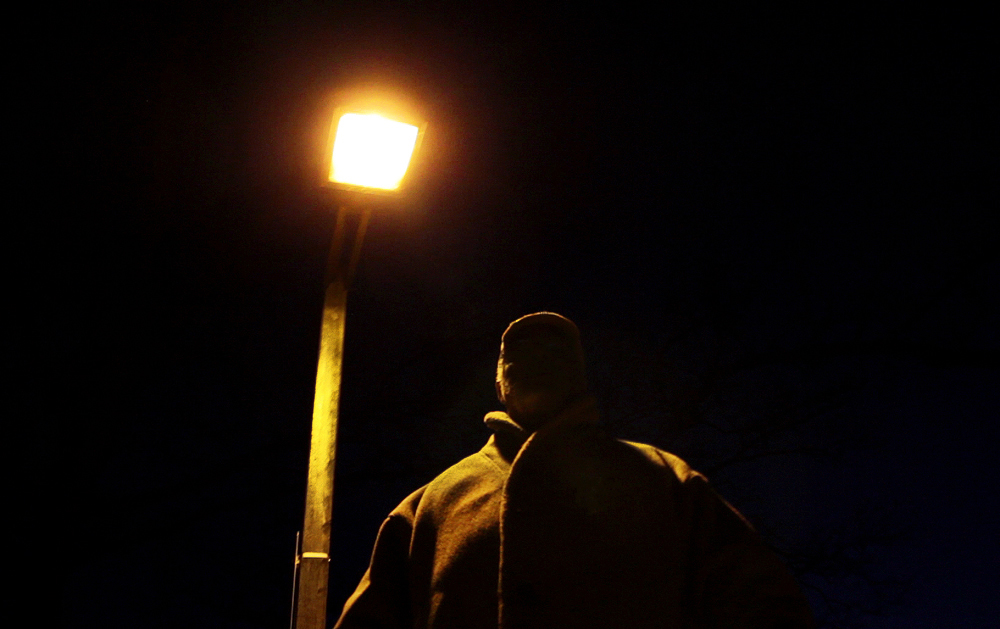
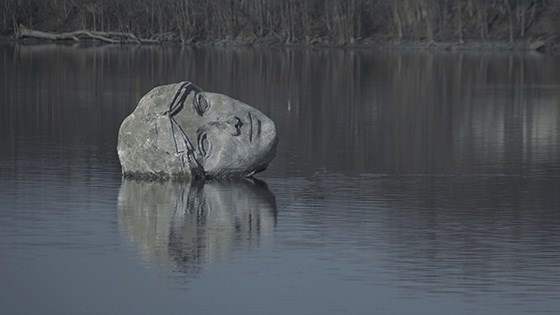

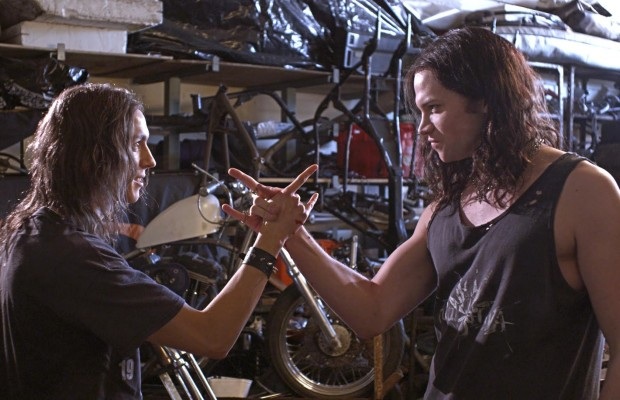
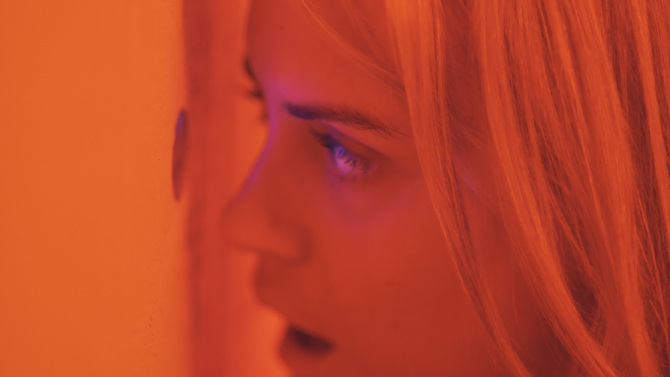

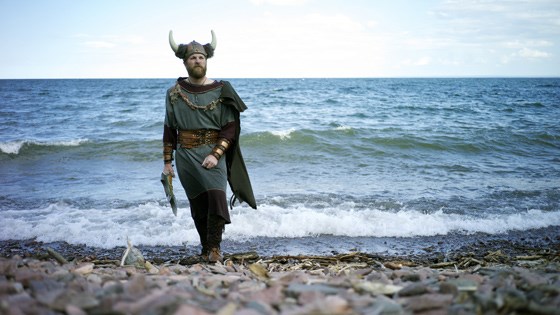
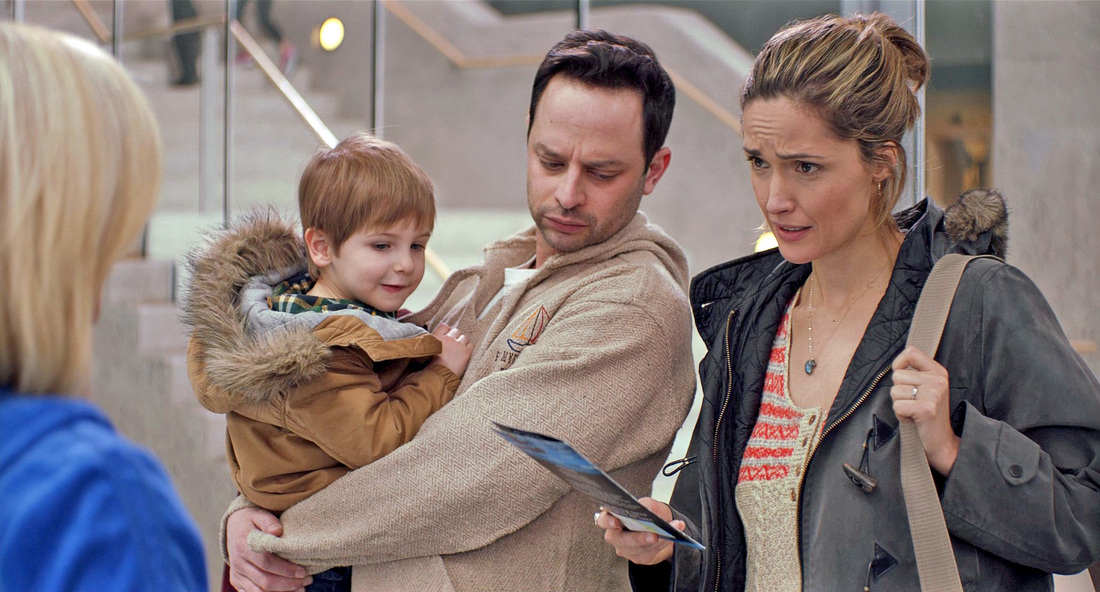

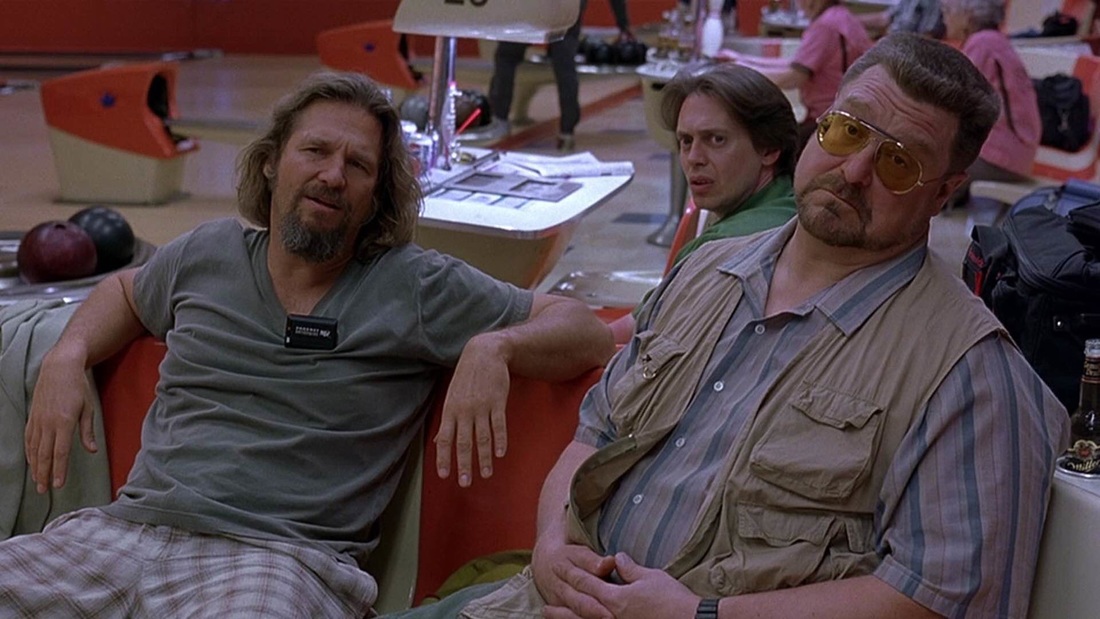

 RSS Feed
RSS Feed
